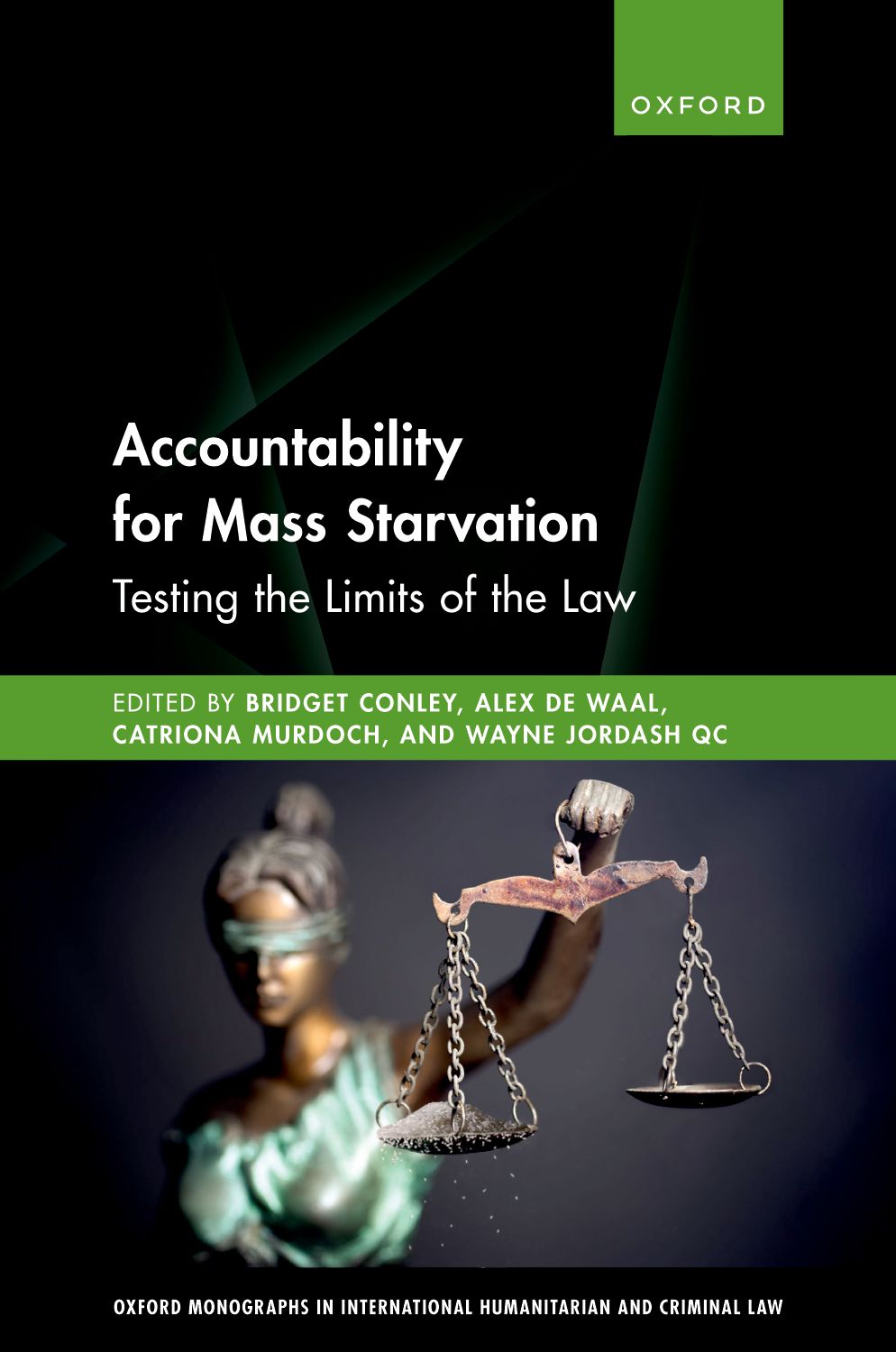This paper provides a synthesis of key literature, frameworks and research findings regarding gender, conflict, peace and recovery. The authors also indicate where additional research and focus is needed. Five broad areas of research are reviewed:
Gender as an analytical framework for understanding conflict-related violence (particularly against women and girls); Culturally-inscribed notions of gender lie at the heart of much contemporary conflict.
Gender and the impact of armed conflict; While men, women, boys and girls experience similar phenomena during and after conflict, their experiences and levels of vulnerability are influenced by their gender.
Gender and non-violent resistance; Not only are broad-based, nonviolent resistance movements are more effective at achieving political ends than armed movements, this paper finds that organizations with a “gender-inclusive” ideology – i.e., one that promotes the rights of women – are more likely to use non-violent methods.
Gender and peace; A gender analysis of community peace-building would be valuable in understanding the capacities and strategies of local groups that are able to influence national agendas, and would be key to promoting an alternative approach to peace that is not simply top-down.
Gender and transitional justice; Too often, in the aftermath of conflict, crimes against women and children are given a lower priority and the crimes committed against them typically go unrecorded. Around the world transitional justice programs consistently fail to incorporate women and girls’ specific needs.
